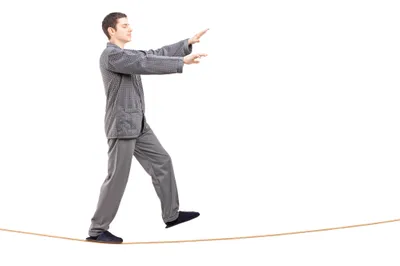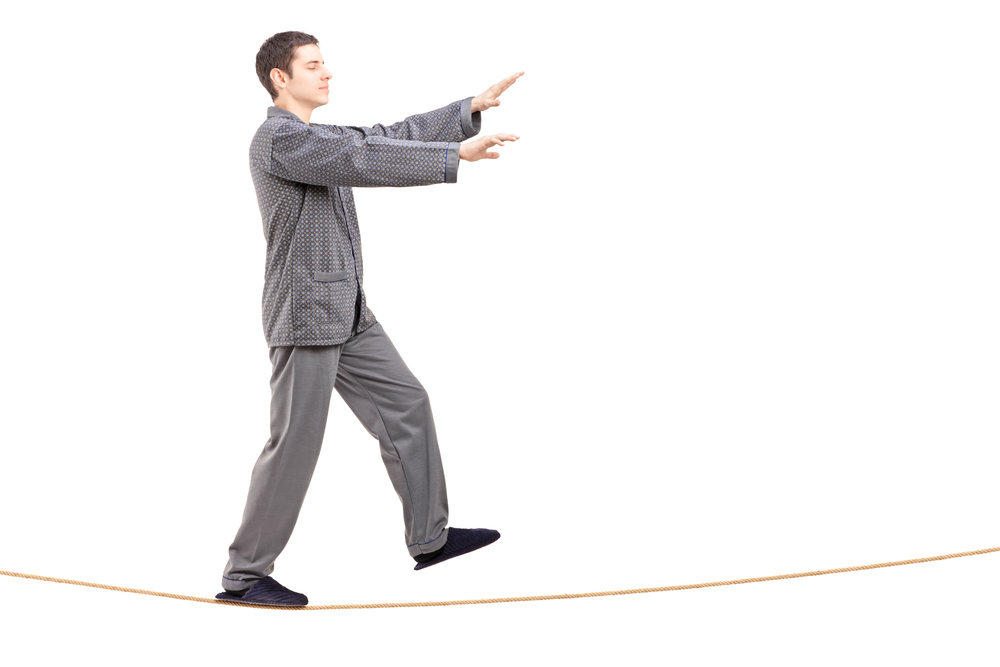
Sleep drunkenness is also known as “confusional arousal” and it causes people to wake up in a highly confused state. Many sleep drunkenness sufferers report being completely unaware of their surroundings — a state that can result in people acting impulsively and awkwardly, putting themselves and others in danger.
For example, one man suffering from sleep drunkenness awoke on a ship at sea and proceeded to fall off the ship’s deck, plummeting to his death.
Now, a new study of roughly 19,000 adults aged 18 and older shows that about 15 per cent of the U.S. population is affected by the condition. Roughly half of the people who said they had a confusional arousal experience said they encountered these episodes more than once per week.
One of the study’s key findings is that most people suffering from sleep drunkenness have other sleep or mental disorders. In fact, about 84 per cent said they were being treated for a sleep disorder, mental health disorder, or were using psychotropic medications, such as antidepressants. Just 1 per cent of the people who said they were experiencing confusional arousal episodes said they did not have another kind of sleep problem.
More than one in three people dealing with sleep drunkenness acknowledged they had a mental health problem, including depression, bipolar disorder, alcoholism, or post-traumatic stress disorder (PTSD).



